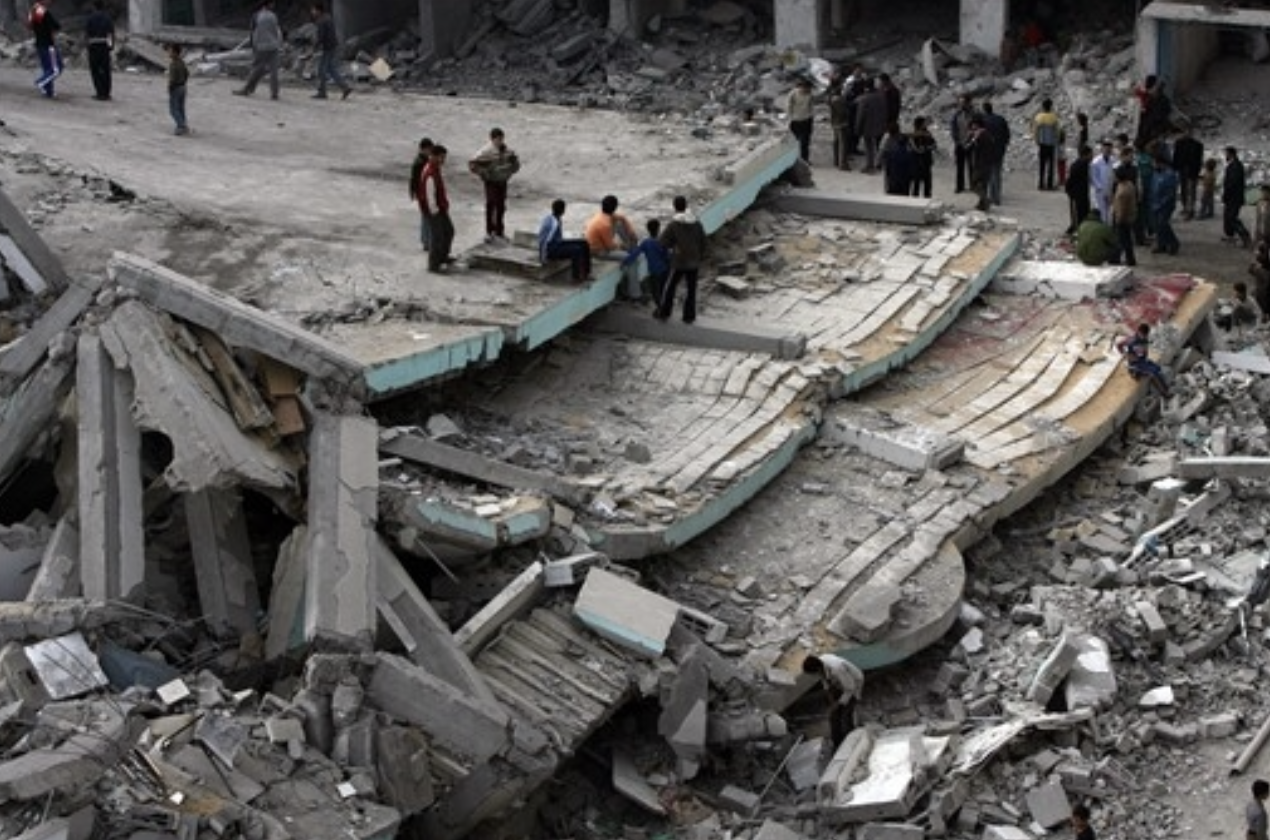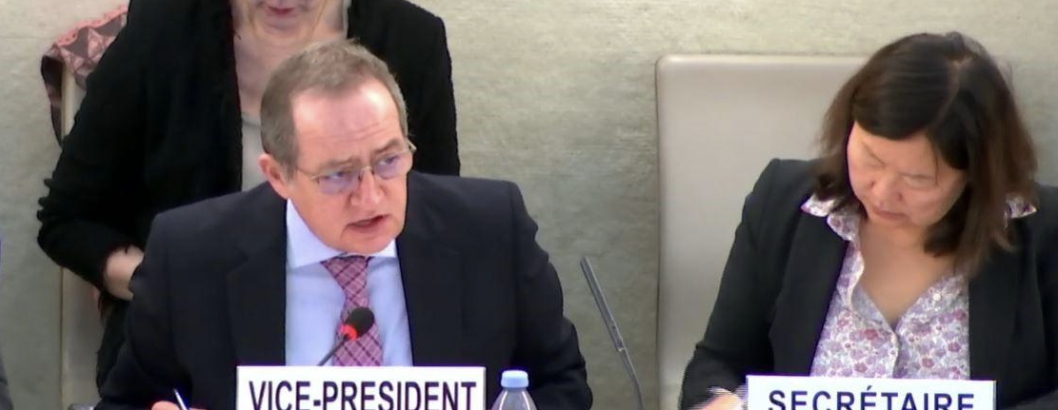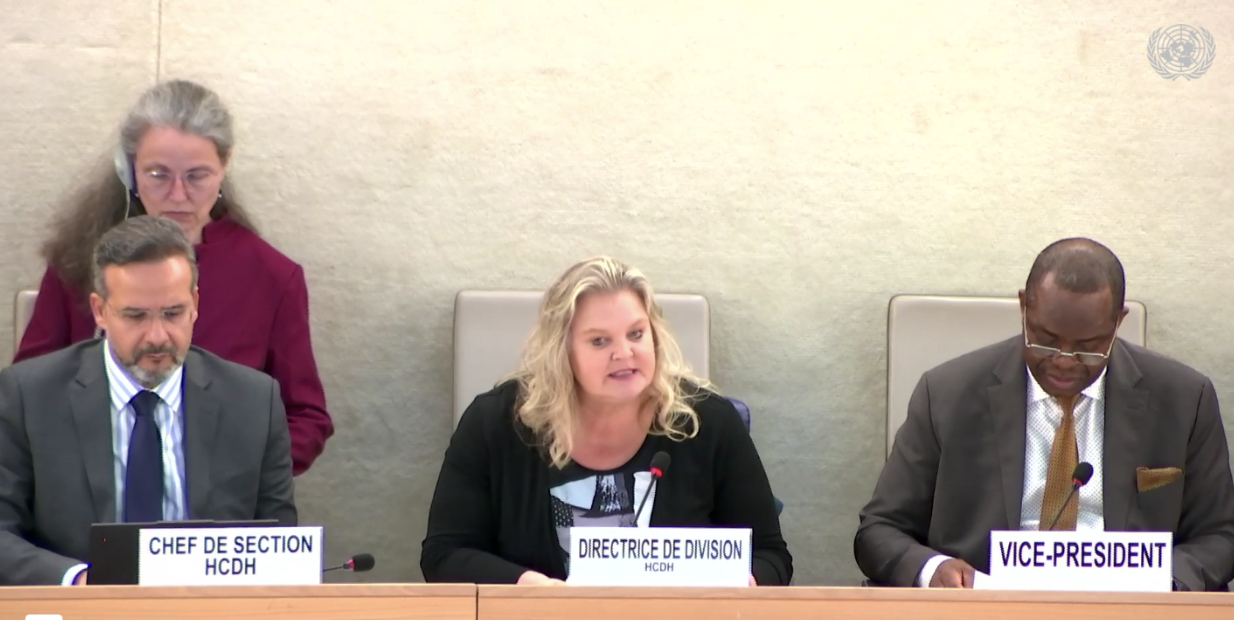Forum on Minority Issues
2nd of December 2022
15th Session: “Review. Rethink. Reform. 30th anniversary of the UN Declaration on Minority Rights”
By Bethany Morley / GICJ
The current conflicting relationships among states, organisations and minorities were explored in detail during the annual Forum on Minority Issues. Human rights violations in Iran; violations of Ahwazi Arabs; Iraq’s long standing human rights violations and discrimination against Kurdish minorities were the salient themes of the session.
The objective of this Forum is to consider ways to fill gaps in the implementation of the Declaration on the Rights of Minorities. In addition, the forums provide a platform for States, UN mechanisms and bodies, intergovernmental organisations, and other non-governmental organisations to have a direct dialogue and promote and cooperate “on issues pertaining to national or ethnic, religious and linguistic minorities, as well as thematic contributions and expertise to the work of the Special Rapporteur on minority issues” [1].

Human rights violations in Iran dominated a large portion of the Forum, invoking contentions between NGO’s and states, resulting in the rise of multiple points of order. This indicates the sensitivity of the topic due to the current situation in Iran. On the 16th of September 2022 22-year-old Mahsa Amini (also known as Jina Armini) died while in custody of Iran’s ‘morality police’ due to hijab enforcement. Masha Amini was Kurdish, an ethnic and religious minority in Iran that has faced oppression for centuries.
Experts denounced the current violence faced by minorities in Iran. An NGO representative for L' Organisation Mondiale pour la Paix noted that in 2022 women’s rights took a blow. Referencing the case of Mahsa Amini as a symbol who sparked a wave of revolution in Iran. Whereby, the conditions of her killing shed light on the hatred of an entire group of people. The death of Jina lifted a veil on the dangers faced everyday by young Iranian and Kurdish women who are struggling under symbolic violence and lethal oppression. Additionally, stating that West and the UN general assembly claim to fight and promote the values of Kurdish Women in Iran, yet there fail to be mechanisms in place to protect women and minorities.
Further, a representative, speaking on behalf of the non-Persian groups in Iran, noted that Ahwazi Arabs, as a minority in Iran, have been persecuted and deprived of all natural rights as set out in the UDHR and international treaties that protect indigenous peoples. The representative referred to Iran as ‘the terrorist state’, stripping Ahwazi Arab’s and Kurdish minorities of fundamental rights. He urged the international community to compel Iran to respect international law and allow these people to exercise their rights of self-determination.
The representative of the Kurdish Centre for Studies and Legal Consultancy reinstated the difficulties faced by Kurdish minorities. Stating that the implementation of articles according to the declaration on minorities have failed to protect Kurdish minorities, particularly in Afrin, Syria where gross violations, destruction of their demographic makeup, extortion, killing, and rape are occurring against Kurdish minorities with little being done by international communities to prevent these violations.
Similarly, the current state of fragility in Iraq due to lack of security and absence of democratic governance mean that the Human Rights of minorities are at risk. In order for minorities in Iraq to participate equally in society, there’s a need for the state to adopt a human rights-based approach at a local level that permeates through institutions and structures. There need to be specific and tangible human rights considerations that replace vague concepts of public policy, enforced by the international community.
Following the open dialogue and agreement between NGO’s of the current Human Rights Situation in Iran, the Iran representative called a point of order claiming the forum is going to “convert into a platform for attacking states, advocating disparities and allegations”, claiming that the UN platform was hosting hostile groups, ‘terrorist groups’ and promoting separatism. The representative reiterated the objective of the Forum being to lessen the experiences of minorities. However, in reality, the NGO's remarks convey the very real situation of minorities in Iran. Showing not only a contradiction in what the representative of Iran says and what is practised, but also the states worrying lack of dedication to minority rights.
Marin Browne, speaking on behalf of the Ma’ona Association for Human Rights, supported by GICJ, raised concerns over the shrinking civic space for defenders of Muslim rights in France and the French speaking world. He noted that states permit vague definitions of terrorism to shut down organizations that support minority groups in France, predominantly those belonging to the Muslim community.
Regarding the critical issue of the situation in Iraq, Farah C., on behalf of GICJ, raised concerns about the impact of systematic minority violations. In addition, Farah highlighted the significant failures to protect minorities against violations that disproportionately affect them in Iraq, including the failure of states to raise discrimination, exclusion and human rights violations. She stressed the need for a binding treaty to fill a major gap and be an instrument in the hands of civil society to put pressure on the International Community.
$
Loïc Dorthe, speaking on behalf of GICJ and Ma’ona Association for Human Rights, outlined that since the US invasion of Iraq in 2003, there are two factors that still need to be addressed; First, the malfunctioning of the political system imposed on Iraqi people; second, the continued foreign indifferences in Iraq’s international affairs. He highlighted the concern surrounding Iraq’s inability to ensure the protection of human rights of all ethnic and religious groups. Further, he noted the comments of the Iraq representative, stating that though we share the condemnation of crimes against humanity, the situation is more nuanced.
The Forum has contributed substantially to the discussion on ways to eliminate the persisting gaps in the implementation of the UN Declaration on Minority Rights, further the necessary means to achieve tangible progress. The session provoked a direct dialogue between NGO’s and states, showing the sensitivity and disparities in understanding of the human rights situations in certain countries. The Forum is a vital mechanism for NGO’s to raise issues directly to the UN Special Rapporteur concerning Minority Issues. As demonstrated in this session, though states may not agree with the issues raised by NGO’s and other organisations, all voices are equal. The session highlighted the need for establishing effective accountability mechanisms. Further, the need for the International Community to assist national authorities to accurately investigate human rights violations against minorities in countries facing political unrest.
Geneva International Centre for Justice (GICJ) we thank the NGO and state representatives for the interactive dialogue. However, we remain deeply concerned at the growing levels of discrimination against minority groups. GICJ urges the international community to operationalize laws and principles such as the right to self-determination. GICJ continues to strongly condemn all violations of human rights and international law.
Minorities, Human rights, Justice, Geneva, geneva4justice, GICJ, Geneva International Centre For Justice












